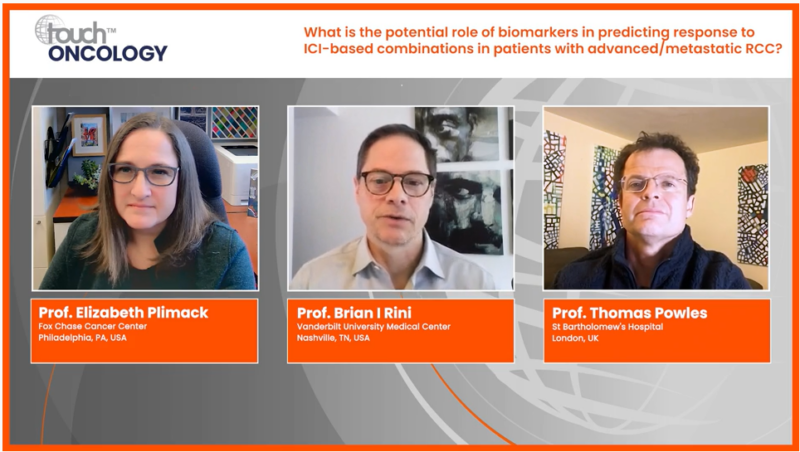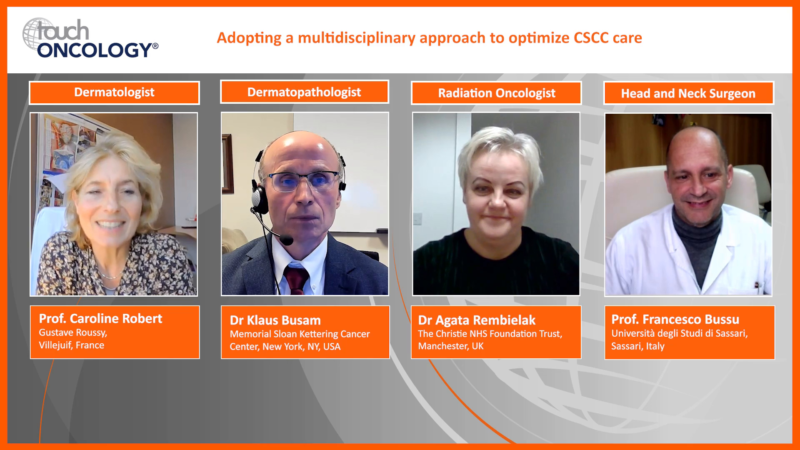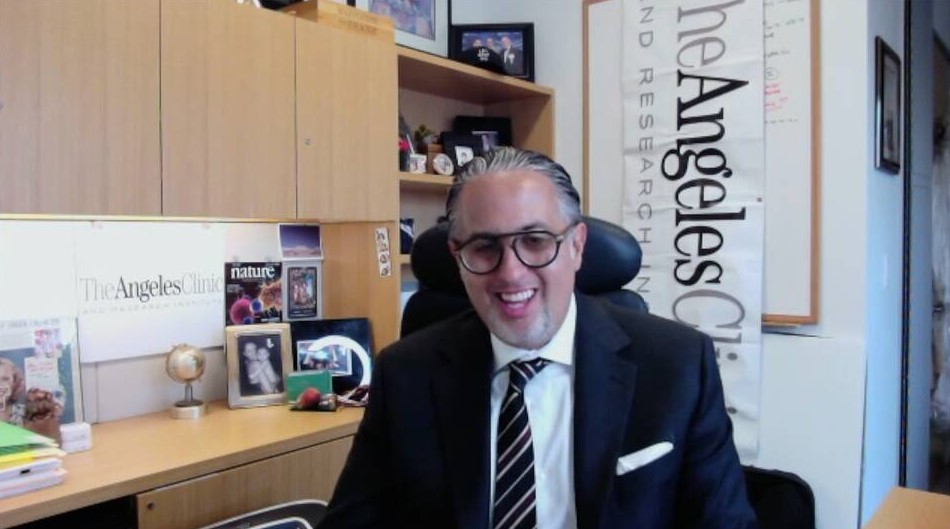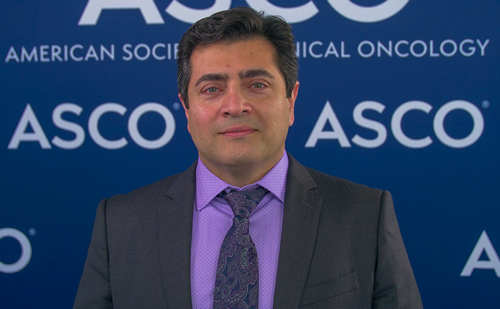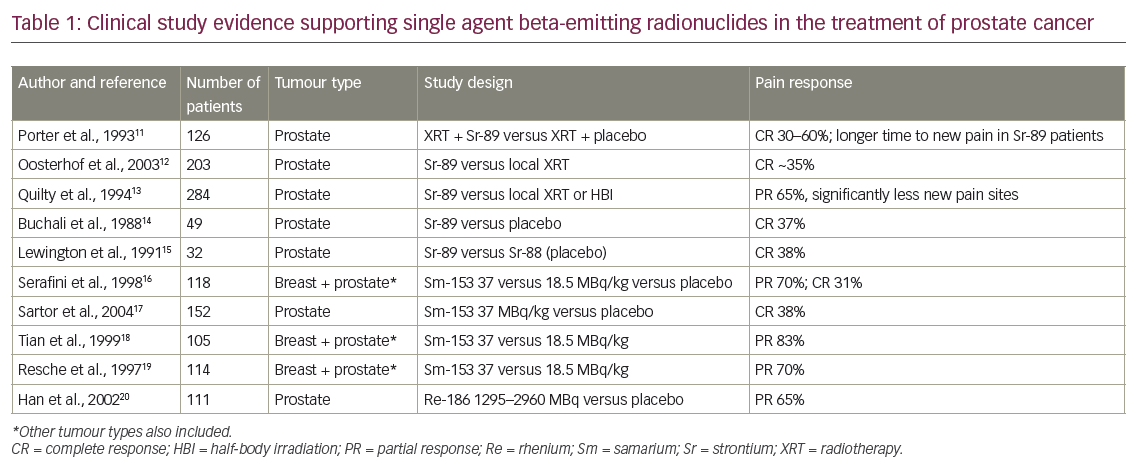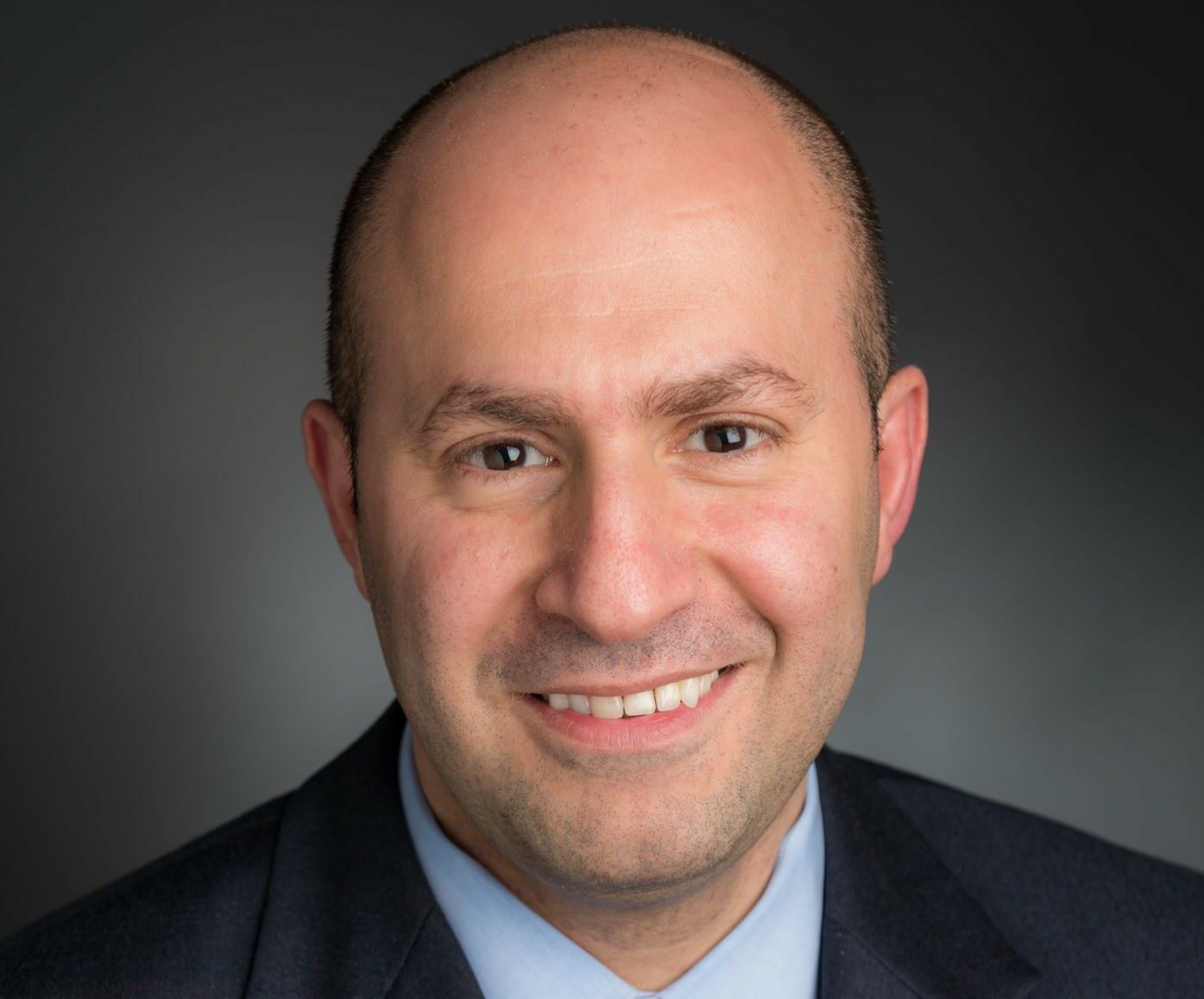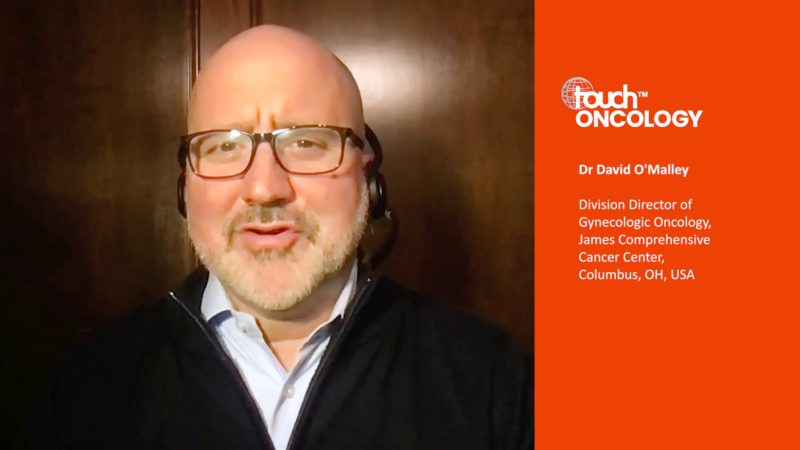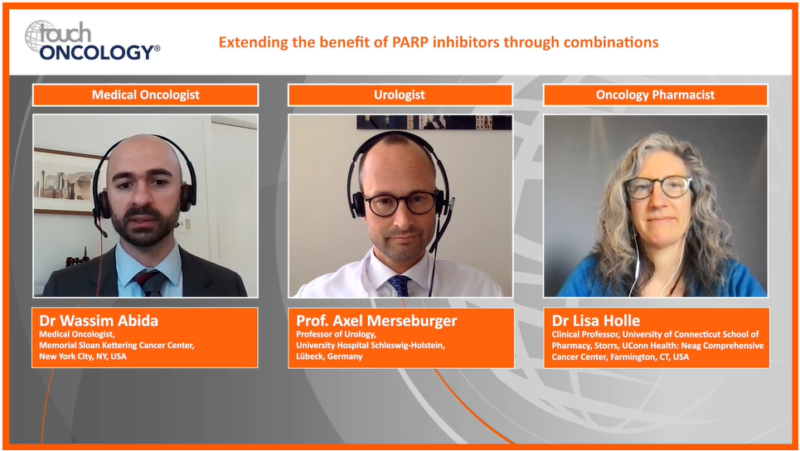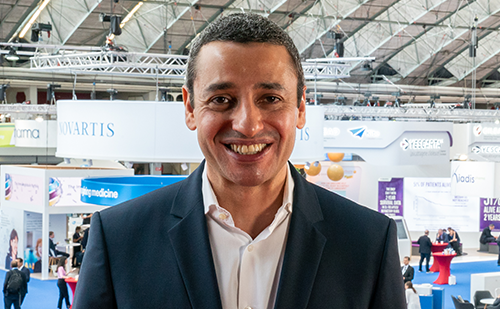touchIN CONVERSATION
 A relaxed discussion between two faculty focussed on real world clinical issues. Useful tips below will show how to navigate the activity. Join the conversation.
Close
A relaxed discussion between two faculty focussed on real world clinical issues. Useful tips below will show how to navigate the activity. Join the conversation.
Close
 A relaxed discussion between two faculty focussed on real world clinical issues. Useful tips below will show how to navigate the activity. Join the conversation.
Close
A relaxed discussion between two faculty focussed on real world clinical issues. Useful tips below will show how to navigate the activity. Join the conversation.
Close
Improving outcomes for patients with advanced RCC: What is the role of emerging combination therapies in the first-line setting?
- Downloads including slides are available for this activity in the Toolkit
Learning Objectives
After watching this activity, participants should be better able to:
- Evaluate the rationale for the use of combination therapy in patients with advanced RCC
- Discuss the latest efficacy and safety data for established and emerging combination therapies in first-line advanced RCC
- Apply best practice in the management of adverse events associated with combination therapies for first-line advanced RCC
Overview
In this activity, experts in the management of renal cell carcinoma (RCC) respond to questions from the renal oncology community on the rationale for use of combination therapies in advanced RCC, the latest clinical evidence for their use in the first-line setting, and best practice for managing side effects associated with combination therapies for advanced RCC.
This activity is jointly provided by USF Health and touchIME. read more
Target Audience
This activity has been designed to meet the educational needs of validated oncology specialists, oncology surgeons and radiologists involved in the management of advanced renal cell carcinoma.
Disclosures
USF Health adheres to the Standards for Integrity and Independence in Accredited Continuing Education. All individuals in a position to influence content have disclosed to USF Health any financial relationship with an ineligible organization. USF Health has reviewed and mitigated all relevant financial relationships related to the content of the activity. The relevant financial relationships are listed below. All individuals not listed have no relevant financial relationships.
Faculty
Dr Toni Choueiri discloses: Advisory board/Panel and Consultancy fees and Grants/Research support from Aravive, AstraZeneca, Aveo, Bayer, Bristol Myers Squibb, Calithera, Circle Pharma, Eisai, EMD Serono, Exelixis, GlaxoSmithKline, Infinity, Ipsen, Janssen, Kanaph, Lilly, Merck, Nikang, Novartis, Pfizer, Roche, Sanofi-Aventis, Surface Oncology, Takeda and Tempest Therapeutics. Stock/Shareholder (self-managed) Osel, Pionyr and Tempest Therapeutics.
Dr Cristina Suárez discloses: Advisory board/Panel and Consultancy fees from Astellas, Bayer, Bristol Myers Squibb, Ipsen, Merck & Co, Inc. (MSD), Pfizer, Roche and Sanofi. Grants/Research support from Ipsen. Speaker’s Bureau fees from Astellas, Bristol Myers Squibb, Ipsen, Pfizer and Roche.
Content reviewer
Brandon Manley, MD has no financial interests/relationships or affiliations in relation to this activity.
Touch Medical Director
Adriano Boasso and Sola Neunie have no financial interests/relationships or affiliations in relation to this activity.
USF Health Office of Continuing Professional Development and touchIME staff have no financial interests/relationships or affiliations in relation to this activity.
Requirements for Successful Completion
In order to receive credit for this activity, participants must review the content and complete the post-test and evaluation form. Statements of credit are awarded upon successful completion of the post-test and evaluation form.
If you have questions regarding credit please contact cpdsupport@usf.edu.
Accreditations
Physicians
This activity has been planned and implemented in accordance with the accreditation requirements and policies of the Accreditation Council for Continuing Medical Education (ACCME) through a joint providership of USF Health and touchIME. USF Health is accredited by the ACCME to provide continuing medical education for physicians.
USF Health designates this enduring material for a maximum of 0.75 AMA PRA Category 1 CreditTM. Physicians should claim only the credit commensurate with the extent of their participation in the activity.
The European Union of Medical Specialists (UEMS) – European Accreditation Council for Continuing Medical Education (EACCME) has an agreement of mutual recognition of continuing medical education (CME) credit with the American Medical Association (AMA). European physicians interested in converting AMA PRA Category 1 CreditTM into European CME credit (ECMEC) should contact the UEMS (www.uems.eu).
Advanced Practice Providers
Physician Assistants may claim a maximum of 0.75 Category 1 credits for completing this activity. NCCPA accepts AMA PRA Category 1 CreditTM from organizations accredited by ACCME or a recognized state medical society.
The AANPCP accepts certificates of participation for educational activities approved for AMA PRA Category 1 CreditTM by ACCME-accredited providers. APRNs who participate will receive a certificate of completion commensurate with the extent of their participation.
Date of original release: 04 August 2022. Date credits expire: 04 August 2023.
If you have any questions regarding credit please contact cpdsupport@usf.edu.
To obtain the CE/CME credit(s) from this activity, please complete this post-activity test.
Claim Credit- Downloads including slides are available for this activity in the Toolkit
You may also be interested in...

Register to touchONCOLOGY for FREE
- Peer-reviewed journals and expert opinions
- Interactive CME and e-learning modules
- Video conference highlights








